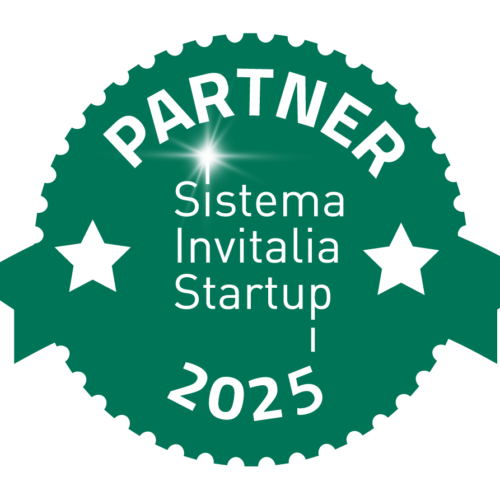© Copyright – SOCIALFARE® IMPRESA SOCIALE S.R.L. – Centro per l’Innovazione Sociale®
VAT number: 10959210013
Iscrizione REA: 1175926
Registro Imprese di Torino
Share Capital € 1.365.335,00


Rinascimenti Sociali | Via Maria Vittoria 38
10123, Torino, IT
[email protected]
+39 393 1718264
Crafted for SocialFare by Experientia